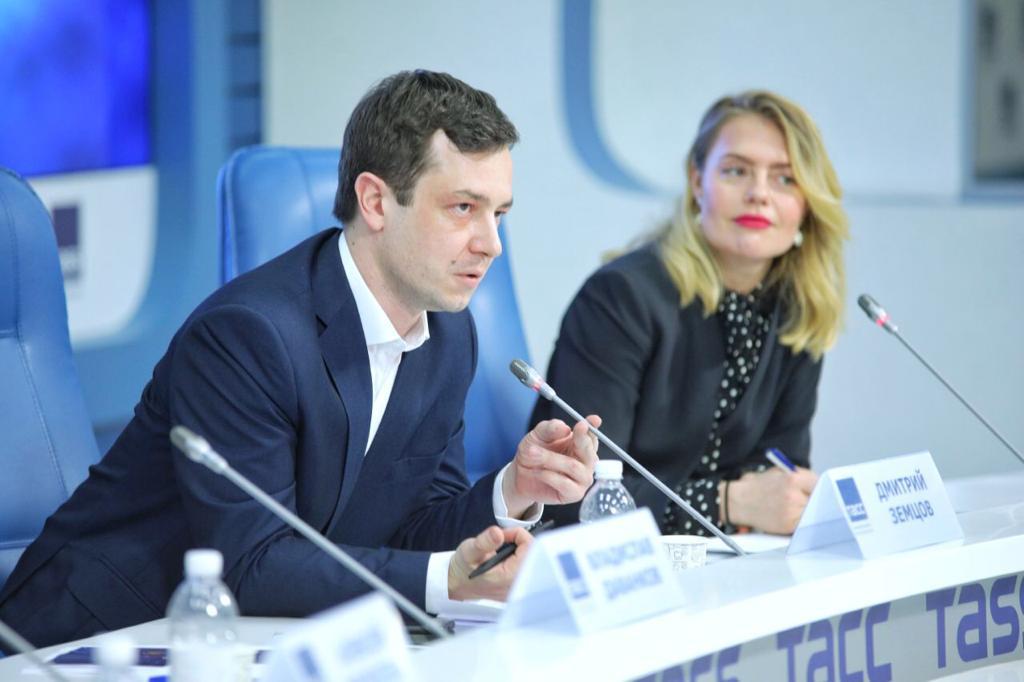Russian-trained ‘digital centaurs’ to play against each other at the Go World Amateur Championship in Vladivostok

Dmitry Zemtsov, a Vice President at the Far Eastern Federal University, at the press conference in TASS. Photo: TASS.
MOSCOW, Dec 17, 2019, Pan Pacific Agency. “Digital centaurs”, combinations of human and artificial intelligences, will play for the first time at the Go World Amateur Championship, which will be held in 2020 in the Russian city Vladivostok, Dmitry Zemtsov, a Vice President at the Far Eastern Federal University, told at a press conference in TASS.
St. Petersburg’s ITMO University (74th position in the World University Rankings 2020 by subject “Computer science”) and Russia’s “Kruzhok Association”, a community of the most talented engineers and programmers, will be jointly develop the training system for interaction humans and AI, Dmitry Zemtsov added.
Digital centaurs had previously played chess, he noted. “This year, the Go world champion announced that he terminates his career because he couldn’t beat a computer. It’s a challenge for humanity and for us. We’re going to prove that the collaboration of a man and AI could be stronger than AI alone,” Dmitry Zemtsov said.
This November, an iconic South Korean Go master Lee Se-dol retired from professional Go competition. His retirement was primarily motivated by the invincibility of AI Go programs, he explained. “With the debut of AI in Go games, I’ve realized that I’m not at the top even if I become the number one through frantic efforts. Even if I become the number one, there is an entity that cannot be defeated,” he said in an interview with Yonhap News Agency.
Lee’s sole win on March 13, 2016 in five matches against AlphaGo, built by Google’s DeepMind Technologies, remains the only time a human has beaten the AI player. True, Lee attributed his win to a bug in the AlphaGo program.
Go (Jap. i go; Ch. weiqi, Kor. baduk) is the most difficult and the last “human” game on the planet. Chess champions call them a game of the third Millennium. Go originated in China more than 2,500 years ago. It involves two players alternately placing black and white stones on a checkerboard-like grid of 19 lines by 19 lines. According to American Go Association, there are more than 100 million active players in Go, most of the audience is in China, Japan and Korea.
The 41st Go World Amateur Championship (WAGC 2020) will be held in the Russian city Vladivostok on May 30 – June 1. Russia is the first European country to host the World Amateur Go Championship during its 40-year history. Go players from 77 countries and territories will take part in the WAGC 2020.
Russian version of this article is available here.